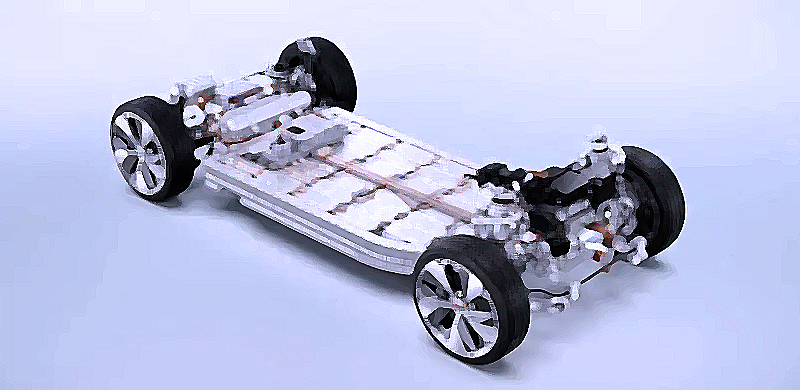Mercedes says: Solid-State Batteries: A Question of Necessity?
Mercedes Chief Technology Officer Markus Schäfer has cast doubt on the necessity of solid-state batteries for future electric vehicles, citing the rapid advancements in lithium-ion battery technology.
Schäfer highlights the significant improvements in lithium-ion battery energy density, charging speeds, and costs, making them more competitive with solid-state batteries in terms of performance and price.
Safety Advantages of Solid-State Batteries: Not as Significant as Claimed
Despite the perceived safety advantages of solid-state batteries, Schäfer acknowledges the strides made in lithium-ion battery safety, narrowing the gap between the two technologies.

Ultra-Fast Charging: Addressing Range Anxiety but Not Replacing Large Batteries
Schäfer challenges the notion that ultra-fast charging can eliminate the need for large batteries in EVs, arguing that range anxiety remains a major concern among buyers.
Optimistic Outlook of Other Automakers: Solid-State Batteries as a Game-Changer
Schäfer’s skepticism contrasts with the optimistic outlook of other automakers, such as Nissan and Toyota, who are pursuing solid-state battery technology for smaller, more affordable, and longer-range EVs.
Li-ion Battery Evolution: A Viable and Competitive Alternative
Mercedes’ commitment to lithium-ion technology reflects its belief in the continued evolution of these batteries, providing a strong alternative to solid-state technology.
The Future of EV Battery Technology: A Tale of Two Batteries
Only time will tell which technology, solid-state or lithium-ion, will ultimately dominate the EV battery landscape.

